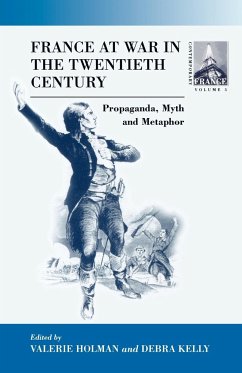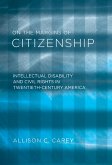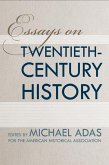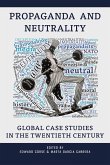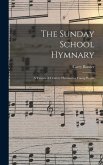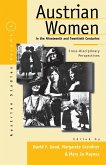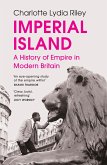France experienced four major conflicts in the fifty years between 1914 and 1964: two world wars, and the wars in Indochina and Algeria. In each the role of myth was intricately bound up with memory, hope, belief, and ideas of nation. This is the first book to explore how individual myths were created, sustained, and used for purposes of propaganda, examining in detail not just the press, radio, photographs, posters, films, and songs that gave credence to an imagined event or attributed mythical status to an individual, but also the cultural processes by which such artifacts were disseminated and took effect. Reliance on myth, so the authors argue, is shown to be one of the most significant and durable features of 20th century warfare propaganda, used by both sides in all the conflicts covered in this book. However, its effective and useful role in time of war notwithstanding, it does distort a population's perception of reality and therefore often results in defeat: the myth-making that began as a means of sustaining belief in France's supremacy, and later her will and ability to resist, ultimately proved counterproductive in the process of decolonization.
Hinweis: Dieser Artikel kann nur an eine deutsche Lieferadresse ausgeliefert werden.
Hinweis: Dieser Artikel kann nur an eine deutsche Lieferadresse ausgeliefert werden.

